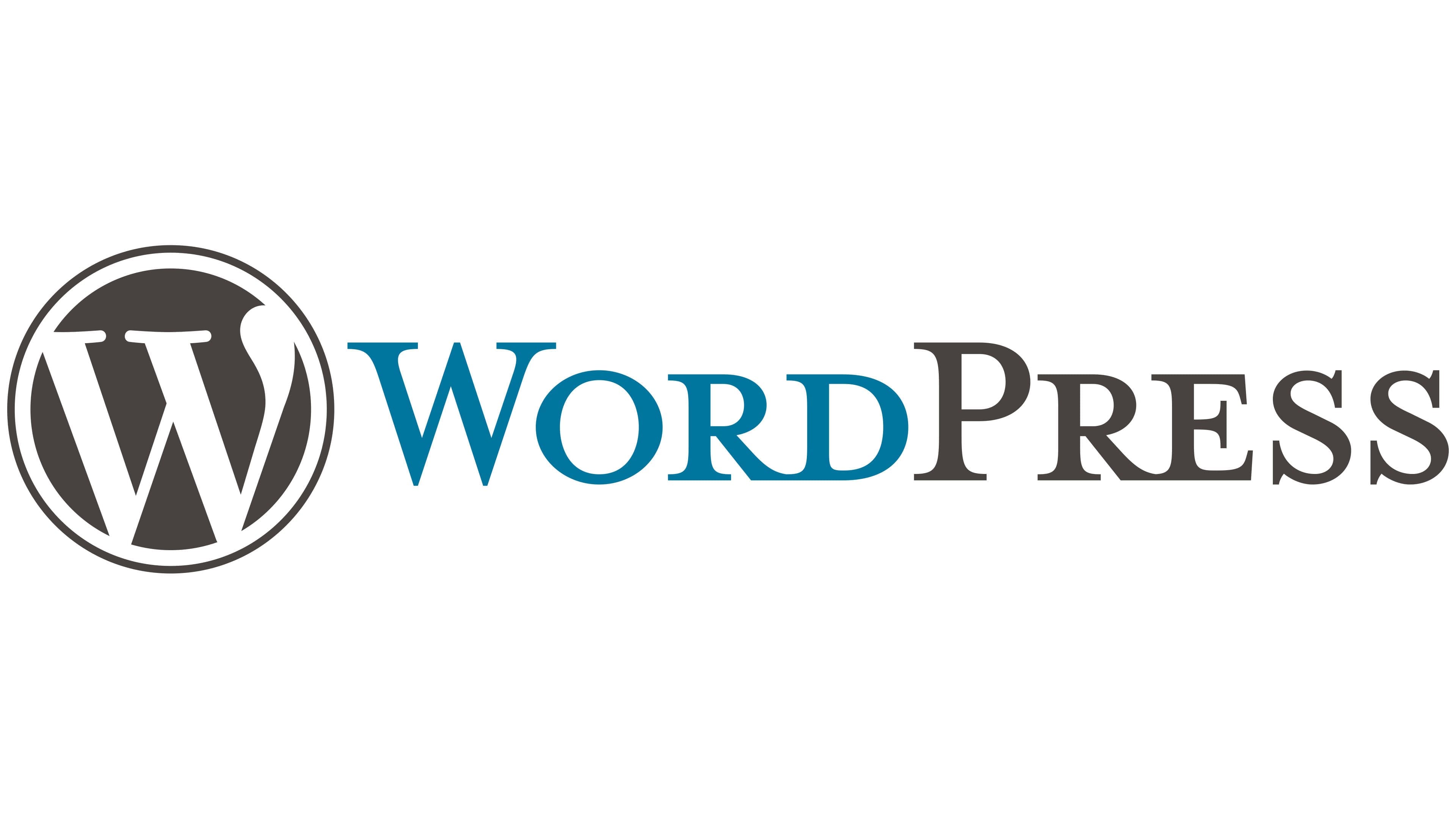Top 5 Blogging Websites
Starting a blog is like starting a garden. You have to plant the seeds of ideas, water them with creativity, and wait for them to grow into beautiful, flourishing articles. But unlike a garden, you don't have to worry about squirrels digging up your content or rabbits eating your keywords. Although, if your blog does attract a lot of readers, you might need to invest in some virtual pest control to keep the trolls at bay. Moreover, just like a garden needs fertilizer to grow, a blog needs social media shares, search engine optimization, and a little bit of luck to reach its full potential. And if all else fails, you can always try bribing your readers with some virtual cookies to keep them coming back for more!
On a serious note, blogs can be a great way to share your passions, expertise, and creativity with the world. They provide a platform for self-expression and can be a powerful tool for building an online presence, establishing authority in a particular niche, or even generating income through advertising or affiliate marketing.
Blogs are also a great way to connect with like-minded individuals and build a community around your content. They allow you to share your thoughts and ideas with a wider audience and receive feedback and engagement from readers.
Choosing the right blogging platform is an important consideration when starting a blog. Each platform has its own unique features, advantages, and disadvantages, and it's important to choose one that fits your needs and goals.
1. WordPress
WordPress is a free and open-source platform that is widely considered to be the most powerful and flexible blogging platform available. It offers an extensive range of customization options, including thousands of free and premium themes and plugins. WordPress is also easy to use, with a user-friendly interface and intuitive content management system.
Here are some pros and cons of WordPress:
Pros:
Customization options: WordPress offers a wide range of customization options, including thousands of free and premium themes and plugins. This allows you to create a website or blog that is unique to your brand or style.
User-friendly interface: WordPress is easy to use, with a user-friendly interface and intuitive content management system. You don't need to have any coding experience to use WordPress, making it accessible to beginners.
Flexibility: WordPress is a flexible platform that can be used for a variety of purposes, including blogs, e-commerce websites, and portfolios.
SEO-friendly: WordPress is built with SEO in mind and offers a range of features and plugins to help improve your website's search engine rankings.
Cons:
Learning curve: While WordPress is user-friendly, it can still take some time to learn how to use all of its features and customization options.
Security: WordPress is a popular platform, which makes it a target for hackers. It's important to keep your website up-to-date and secure to avoid security breaches.
Plugins can slow down your website: While plugins are a great way to add functionality to your website, too many plugins can slow down your website's performance.
Limited customer support: WordPress is a free and open-source platform, which means that customer support is limited. While there are online communities and forums to help answer your questions, you may not have access to dedicated customer support.
2. Wix
Here are some pros and cons of Wix:
Pros:
Easy to use: Wix is known for its drag-and-drop interface, making it easy for beginners to create a professional-looking website without any coding experience.
Design options: Wix offers a wide range of customizable templates, as well as a variety of apps and widgets to enhance your website's functionality. This allows you to create a website that is unique to your brand or style.
E-commerce capabilities: Wix offers a built-in e-commerce platform, making it easy to sell products or services directly from your website.
Mobile responsiveness: Wix templates are mobile-responsive, which means that your website will look great on any device.
Cons:
Limited customization: While Wix offers a range of design options, it can be limiting for more experienced users who want more control over the design and functionality of their website.
Pricing: Wix's pricing can be more expensive than other website builders, especially if you want to access more advanced features.
SEO limitations: While Wix offers basic SEO tools, it may not have the same level of flexibility and optimization as other website builders.
Limited customer support: While Wix does offer customer support, it may not be as comprehensive as other website builders.
3. Squarespace
Squarespace is a website builder that offers a range of beautifully designed templates, making it a great choice for bloggers who prioritize aesthetics. Squarespace also offers features like a built-in SEO tool and an analytics dashboard to help you track your blog's performance.
Here are some pros and cons of Squarespace:
Pros:
Beautiful templates: Squarespace is known for its range of beautifully designed templates, making it a great choice for bloggers who prioritize aesthetics.
All-in-one platform: Squarespace is an all-in-one platform that offers hosting, design, and e-commerce capabilities. This means that you don't have to use separate services for each of these features.
User-friendly interface: Squarespace offers a user-friendly interface, with drag-and-drop functionality and a clean, modern design.
Built-in SEO tools: Squarespace offers a range of built-in SEO tools, making it easy to optimize your website for search engines.
Cons:
Limited customization: While Squarespace offers a range of templates, it can be limiting for more experienced users who want more control over the design and functionality of their website.
Pricing: Squarespace can be more expensive than other website builders, especially if you want to access more advanced features.
Limited app and plugin options: Squarespace has a limited range of apps and plugins compared to other website builders, which can limit the functionality of your website.
No free plan: Squarespace does not offer a free plan, which can be a barrier for those on a tight budget.
4. Blogger
Blogger is a simple and easy-to-use blogging platform owned by Google. It's free to use and offers a range of customization options, including the ability to customize your blog's theme and layout. Blogger also integrates seamlessly with other Google products, like AdSense and Google Analytics.
Sure, here are some pros and cons of Blogger:
Pros:
Free platform: Blogger is a free platform that is owned by Google, making it a great option for bloggers who don't want to spend money on hosting or website builders.
User-friendly interface: Blogger offers a user-friendly interface, with simple drag-and-drop functionality and easy-to-use design tools.
Integration with other Google services: Since Blogger is owned by Google, it integrates seamlessly with other Google services like Google Analytics and Google AdSense.
Easy to set up: Setting up a Blogger account is quick and easy, and you can start publishing content within minutes.
Cons:
Limited customization: Blogger offers limited customization options, which can be limiting for more experienced users who want more control over the design and functionality of their website.
Limited design options: Blogger offers a limited range of design templates, which can make it difficult to create a unique website.
Limited support: While Blogger offers some support resources, it may not have the same level of comprehensive support as other website builders.
Lack of updates: Blogger has not been updated as frequently as other website builders, which means that it may not have the same level of functionality or optimization as other platforms.
5. Medium
Medium is a social platform that focuses on high-quality writing and storytelling. It offers a clean and minimalist interface, making it easy to read and write posts. Medium also has a built-in audience, which can help you reach a wider audience with your content.
Here are some pros and cons of Medium:
Pros:
Built-in audience: Medium has a built-in audience of readers who come to the platform to discover new content, making it a great option for bloggers who want to reach a wider audience.
User-friendly interface: Medium offers a clean, minimalist interface that is easy to use and navigate, making it a great option for writers who want to focus on their content.
Social features: Medium offers social features like clapping and commenting, which can help bloggers build a following and engage with their readers.
Built-in SEO: Medium's content is optimized for search engines, making it easier for bloggers to rank in search results.
Cons:
Limited customization: Medium offers limited customization options, which can be limiting for more experienced users who want more control over the design and functionality of their website.
Limited monetization options: While Medium does offer a Partner Program that allows writers to earn money from their content, it may not be as lucrative as other monetization options.
Limited ownership: Since Medium is a third-party platform, bloggers do not have full control over their content or their audience.
Limited design options: Medium offers a limited range of design templates, which can make it difficult to create a unique website.
Selecting the right blog platform is an important decision for any blogger. Each platform offers its own unique strengths and weaknesses, which should be carefully considered before making a decision. While some bloggers may prioritize design and customization, others may prioritize ease of use and built-in features. Ultimately, the best blog platform is one that aligns with your specific needs and goals as a blogger. It's important to take the time to research and compare different options before making a decision, in order to ensure that you select a platform that will help you achieve your blogging goals.
However, it's important to remember that creating a successful blog takes time, effort, and dedication. It's not enough to just create great content; you also need to promote it effectively, engage with your audience, and continuously work to improve your writing and online presence.
In short, while blogs can be a fun and rewarding hobby or profession, they require a lot of hard work and persistence to achieve success.




_logo.svg/798px-Medium_(website)_logo.svg.png?20210818085543)
Comments
Post a Comment